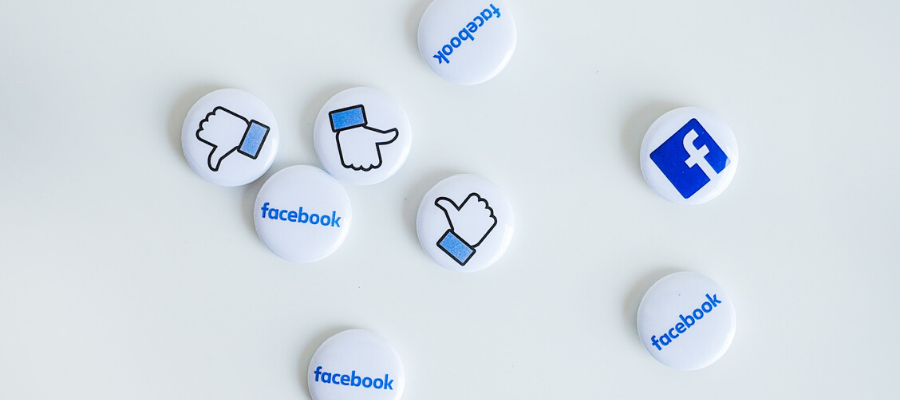Friendship
Nov 29, 2005Who do we call friends? Do we need friends out of love for others or for ourselves? Is a life with friends necessarily a better life?

How, if at all, is the internet changing the nature of friendships? Does social media strengthen friendships or make them more shallow?
According to this video from The Atlantic, social media helps to preserve friendships that would have otherwise died out. By ensuring us constant access to our friends—"commemorative" ones that we have fond memories of but have not talked to in years, old friends that we marginally keep in touch with, and current friends we often contact—social media serves an important tool for the kind of "maintenance" all friendships require.
Of course, while "liking" the status of someone you haven't contacted in years is not enough to remain friends with that person, at least social media provides an option for more meaningful reconnection, even after long stretches of time.
Can liking a friend's status or commenting on their Instagram meaningfully bolster your interactions with them in person? Is social media an artificial way to keep in contact with friends past their natural expiration date? Shouldn't we just allow some friendships to die?
Watch the video at this link: https://www.theatlantic.com/video/index/529632/how-the-internet-is-chang...
Comments (3)
Harold G. Neuman
Monday, July 24, 2017 -- 11:25 AM
I do not subscribe to anyI do not subscribe to any social media vector. Having decided, long ago, that privacy still means something to me, I also decided that having thousands of "friends" was not within my area(s) of interest. I have written some ideas about all of this and those are currently under review by some thinkers and social critics. The abuses which are becoming troublesome for these purveyors of non-stop information are, in my opinion, indicators of deeper social unrest and an erosion of Rousseau's social contract notion, twenty-first century vs, eighteenth, notwithstanding.
Neuman
andreasmherman
Thursday, July 27, 2017 -- 3:05 AM
Why Internet Brings UsWhy Internet Brings Us Further Apart
Many people emphasize that connectivity, and near instant communication, brings people closer to each other, making the world to appear smaller than it actually is. This does indeed hold when measuring closeness as a physical property of the ability to communicate with each other. Individuals can reach each other with just a few milliseconds delay. However, a more interesting perspective is viewing closeness as psychological property, where interaction, and the amount of shared information, plays the fundamental role in the measurement.
Communication with speech does naturally transfer more information than text, since the tone of voice affects the perception of the information. Communication which includes vision brings the sense of being able to read body language and facial expressions, to more accurately understand the meaning of the message. Being at the same location, experiencing the same surrounding input from the environment, does bring context to the interaction. These means bring individuals closer to each other because of the shared amount of information, leading to a more equal perception, and being at similar mental states.
Since the most common type of Internet-communication is texting, the outer ring of communication is primarily used. Because of availability, people are drawn to text with each other, instead of interacting at a higher level with the people close by. This does compromise psychological closeness, and is the reason why the Internet brings the human race further apart.
Andreas Herman
Alyssa
Tuesday, February 20, 2024 -- 5:05 AM
As a social psychologist, IAs a social psychologist, I observe the internet reshaping the landscape of friendships. While it offers unprecedented connectivity, it also alters the nature of relationships, blurring boundaries between dish network streaming online and offline interactions. Despite potential challenges, it facilitates diverse connections, fosters global communities, and enriches social support networks in novel ways.